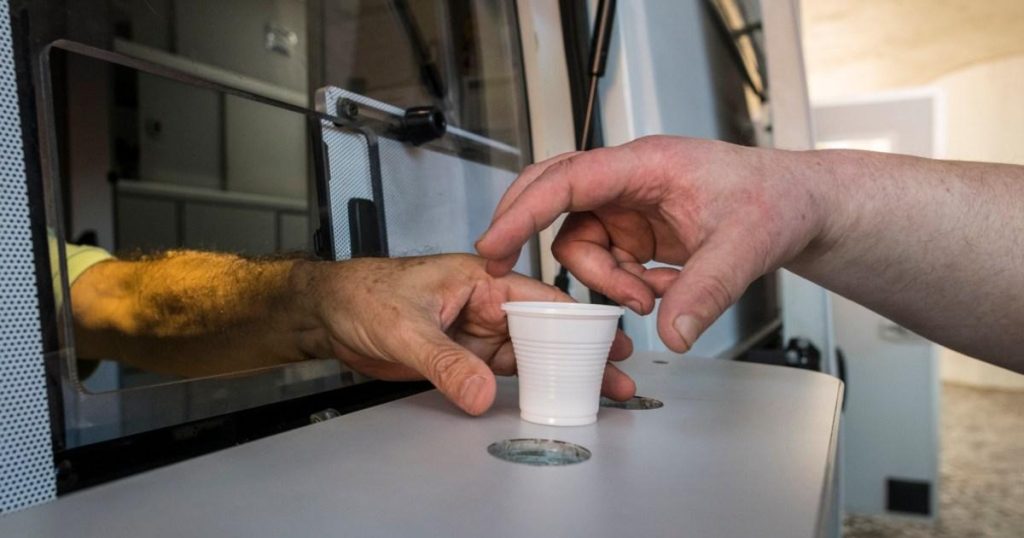Portugal’s journey from the “heroin capital” of Europe in the late 20th century to a nation with significantly reduced drug-related harms offers a compelling case study for drug policy reform. In the 1990s, Portugal grappled with a devastating opioid crisis, fueled in part by the social upheaval following the 1974 revolution. Heroin use was rampant, HIV infections soared, and drug-related deaths climbed to alarming levels, impacting families across the nation. The pervasive nature of the crisis prompted a re-evaluation of traditional approaches to drug policy, ultimately leading to a groundbreaking shift in 2001.
The cornerstone of Portugal’s drug policy reform was the decriminalization of all drugs for personal use, including heroin and cocaine. Instead of criminalizing drug users, the government redirected resources towards a health-centered approach, treating addiction as a medical issue rather than a criminal one. The national health service took the lead in providing treatment and support services, including methadone programs, harm reduction initiatives, and social reintegration efforts. While drug trafficking and organized crime remained criminal offenses, individual drug possession and use were no longer subject to prosecution. This shift in focus allowed law enforcement to concentrate on disrupting the supply chain and addressing the root causes of drug-related crime, rather than penalizing individuals struggling with addiction.
This decriminalization, however, was not simply a matter of turning a blind eye to drug use. It was accompanied by a significant investment in harm reduction and treatment services. Drug users were offered access to health care, including testing for HIV and hepatitis, prescription methadone to manage withdrawal symptoms, and safe spaces to consume drugs under medical supervision. The aim was not necessarily to eradicate drug use entirely, but to mitigate the harms associated with it, reduce overdoses, prevent the spread of infectious diseases, and encourage users to seek treatment and reintegrate into society.
The results of Portugal’s policy shift have been widely lauded. Drug-related deaths have plummeted, HIV infections have been drastically reduced, and incarceration rates have fallen. Cities like Porto and Lisbon have pioneered innovative harm reduction strategies, including medically supervised drug consumption rooms, which provide safe and hygienic environments for drug use, minimizing the risks of overdose and disease transmission. These spaces also offer access to medical professionals, counselors, and social workers, providing a crucial link to treatment and support services.
While Portugal’s approach has not eliminated drug use or its associated challenges, it has demonstrably reduced the negative consequences. Public drug use and drug-related litter remain concerns in some areas, but the overall impact of the policy has been overwhelmingly positive. The shift from a punitive to a health-based approach has not only saved lives but has also fostered a more compassionate and effective response to drug addiction, reducing the stigma associated with drug use and promoting social reintegration.
The Portuguese model has inspired other countries grappling with their own drug crises, including Scotland, which has seen a dramatic rise in drug-related deaths in recent years. Glasgow, in particular, has considered implementing similar harm reduction strategies, including drug consumption rooms, as a way to address the escalating crisis. While challenges remain in adapting the Portuguese model to different contexts, the evidence of its effectiveness in reducing harm and promoting public health is undeniable, offering a compelling argument for a more humane and pragmatic approach to drug policy. The success of Portugal’s decriminalization model challenges conventional wisdom on drug policy and provides a valuable example for other nations seeking to address the complex and often devastating consequences of addiction.




